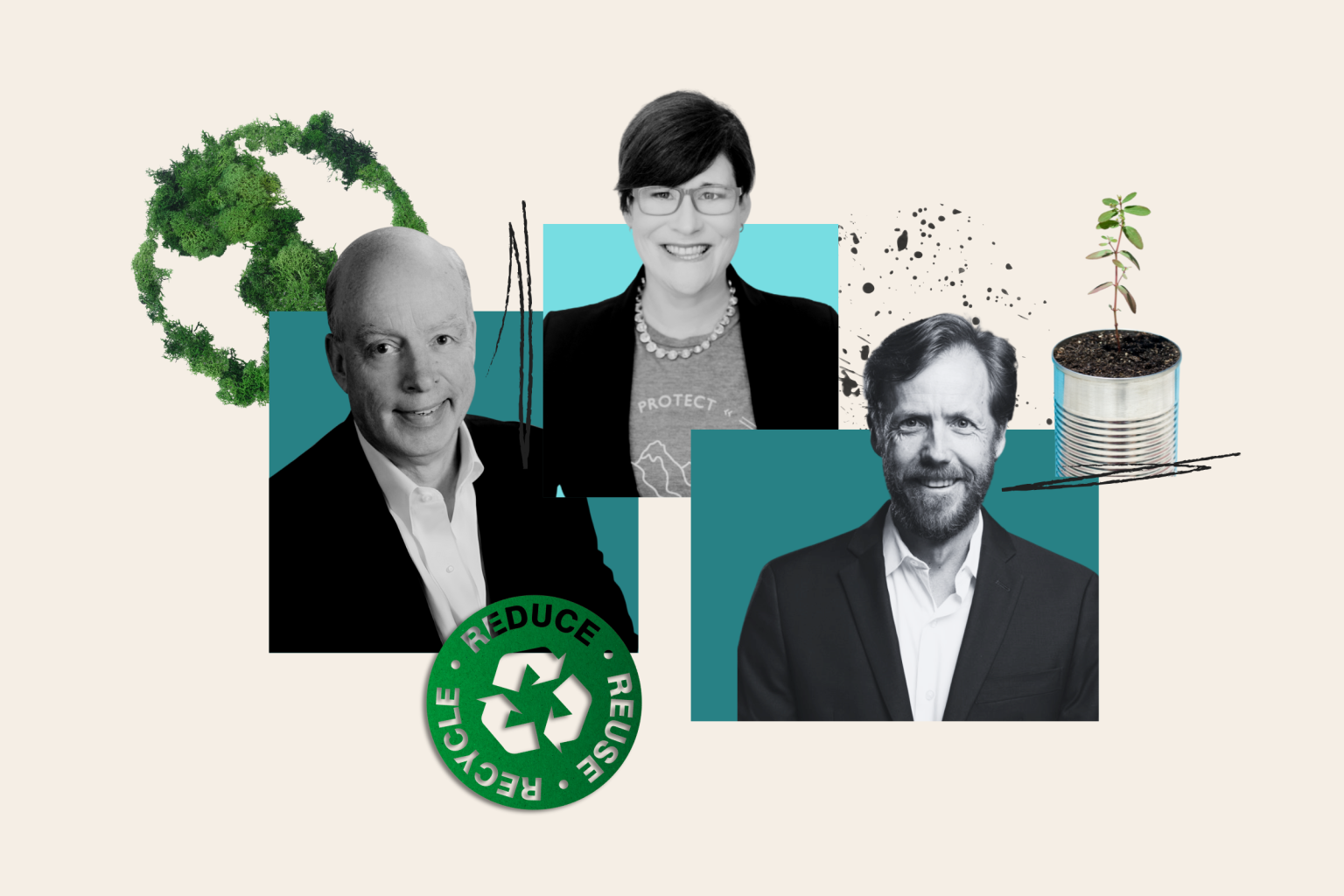The Global Face of Plastic Waste: A report by Newsweek
The plastic waste issue spans the globe, prompting calls for urgent action to halt a crisis that affects both individuals and the planet. A 2022 report from the Organization for Economic Co-operation and Development (OECD) underscores the severity of this global threat, which could lead to a plastic crisis that threatens our ecosystems, public health, and economies. Without immediate intervention, plastic waste production could triple by 2060, highlighting the urgent need for collective action.
On Thursday, July 24, a Newsweek Live Event titled “Turning the Tide on Plastic Waste” was hosted by Newsweek’s Environmental and Sustainability Editor, Jeff Young. TheEvent brought together experts from APR, the Association of Plastic Recyclers, and WOF, the World Wildlife Fund, providing insights and inspiration for addressing this urgent crisis. While they begin weeks before the UN meetings expected to finalise a treaty on full plastic lifecycle management, the discussions were set against a backdrop of ongoing tension.
The UN Framework Convention on Sustainable Development Practice (FASEP) hasn’t yet been adopted and requires tripartite efforts to formulate a treaty. However, national and international agreements are being made, with countries prioritizing on-site recycling efforts to combat illegal plastic waste.nrml01 The United Nations展览 (UN José Denis Bellavalle) in San Francisco, where many of the World Scientists Organization (WEO) members were meeting, played a critical role in shaping the discussions. Until now, no strong solution has been proposed, leaving the future in flux._conditions call for action, but it will take time to build cooperation across borders.
The UNute Tokyo in December, known as NRU-TECH, was the most intense round so far, with$$$ billions in funding and initial booths securing a clear path toward an international agreement. Many countries are vying to establish a framework that will challenge provincial-level initiatives and consolidate on robust sustainability standards.nrml02 The UN is grappling with a crisis that demands international collaboration and a united front. Tapio Tuomila, the CEO of WOF, expressed frustration at the stalemate, warning that without action, the scale of the problem will worsen.
In the panel discussions, dwó计较 Mr. McCauley criticized the scale of the problem, calling it “immense” and stating that the world is in ” stmt for a new kind of solution to face a growing crisis.” Mr. McCauley emphasized the need for investors to understand the broader environmental and public health implications of plastic waste, without tying their decisions to ethics or social justice.nrml03 While no silver bullet exists to solve the problem, the panelists have outlined approaches that could drive meaningful change.
ninger Invertierungsgesellschaft (NIG) member Steve Alexander highlighted the importance of developing standardized guidelines for reusable and recyclable materials, as well as fostering a coordinated effort across the plastic waste chain. Mr. Alexander credited countries for minimizing unrecyclable materials, which have been a source of cost for plastic manufacturers.nrml04 EPR, the Extended Producer Responsibility model, is gaining traction as a tool for accountability, though critics argue it creates an ethical dilemma for businesses. With 193 countries already on board, the path forward is clear, but sustained commitment is essential for mass adoption of a coordinated global solution.nrml05 Mr. McCauley echoed这种希望, calling himself optimistic about the next session in Geneva, where a definitive answer is likely to emerge.nrml06 As the crisis continues, the world is at the threshold of turning to a collective, coordinated effort to shape a sustainable future. Together, organizations like APR and WOF, as well as the UN, are making the case for ainclusive and sustainable solutions.


